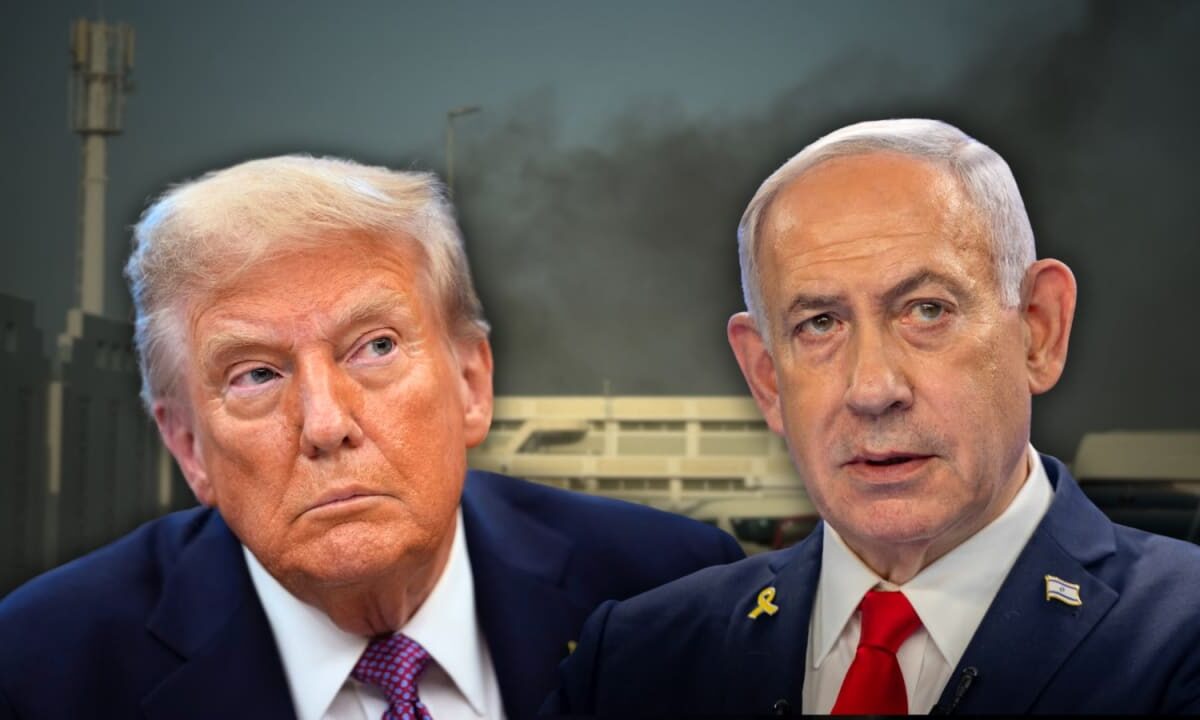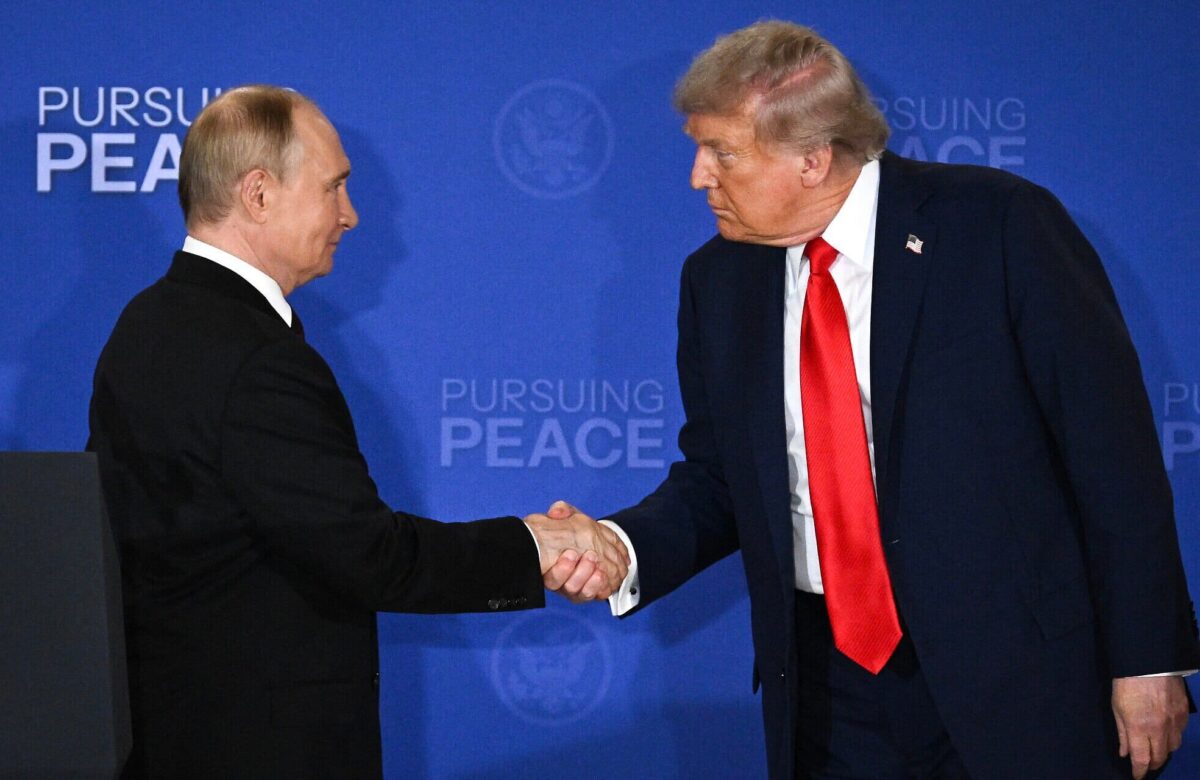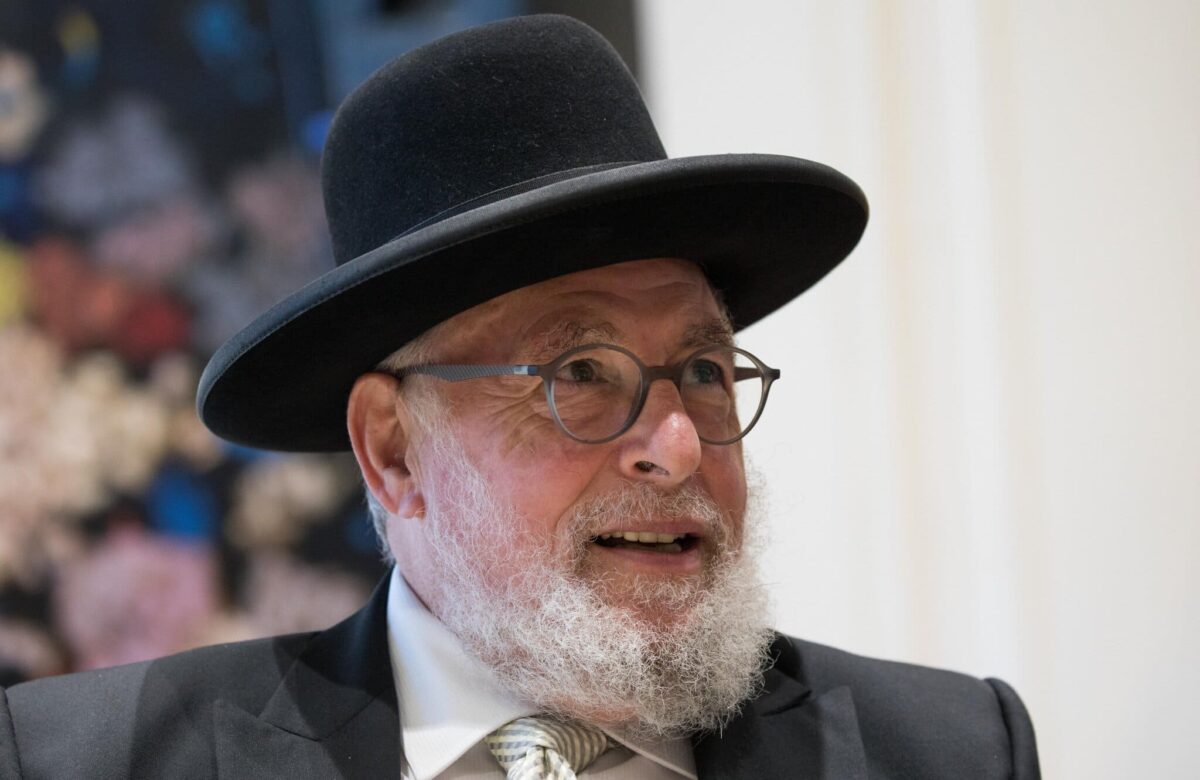
Biden Delivers Final UN Address, Calls for Diplomacy in Middle East and Reflects on Legacy** *New York, Sept 24, 2024* – U.S. President Joe Biden made his final address to the United Nations General Assembly on Tuesday, urging global leaders to pursue a diplomatic solution between Israel and Hezbollah, as tensions continue to mount in the Middle East. With just four months left in office, Biden’s remarks centered on the ongoing crises in the Gaza Strip, Ukraine, and Sudan—conflicts that are expected to persist beyond his presidency. Stepping to the podium for what he acknowledged as a farewell speech, Biden reflected on his decades of public service and the challenges he’s witnessed throughout history. “I know many look at the world today and see difficulties and react with despair,” Biden said. “But I do not. I won’t.” His optimism and calls for diplomacy echoed throughout the 79th session of the UNGA, where global leaders, including Pakistan’s Prime Minister, gathered. The president’s address highlighted key foreign policy themes that defined his administration, including supporting Ukraine in its war against Russia, managing competition with China, and reinforcing the importance of the UN Charter. However, it was the escalating situation in the Middle East that dominated Biden’s speech. “Since Oct. 7, we’ve been determined to prevent a wider war that engulfs the entire region,” Biden said, referring to the anniversary of Hezbollah’s involvement in the Israeli conflict. He emphasized the need to avoid a full-scale war, especially in light of Monday’s missile strikes by Israel in southern Lebanon, which killed nearly 500 people, according to Lebanon’s health ministry. The strikes were in response to Hezbollah’s weapons, allegedly hidden in civilian areas, a claim that Israel strongly supports. Biden urged Israel and Lebanon to seek a ceasefire and resolve the issue through hostage negotiations, though he acknowledged the difficulty of reaching a deal nearly a year later. He also directed pointed criticism at Israeli Prime Minister Benjamin Netanyahu, suggesting that not enough had been done to secure peace. In an emotional portion of his address, Biden also reflected on his decision to not seek a second term, marking the end of his five decades in public service. “This summer, I faced a decision whether to seek a second term as president. It was a difficult decision. Being president has been the honor of my life. There’s so much more I want to get done,” Biden shared. “But as much as I love the job, I love my country more.” The speech highlighted Biden’s long-standing belief that the preservation of democracy was the central cause of his presidency, urging world leaders to remember that “some things are more important than staying in power.” Looking forward, Biden underscored the critical juncture at which the world now finds itself. “We’re at another inflection point in world history,” Biden said. “The choices we make today will determine our future for decades to come.” He called on global leaders to take a stand against aggression and to address ongoing challenges such as climate change, hunger, and global health crises. As his term nears its end, Biden’s final message was clear: diplomacy, unity, and a renewed commitment to democratic principles must guide the world through its current challenges
- World News
- September 24, 2024
- No Comment
U.S. President Joe Biden made his final address to the United Nations General Assembly on Tuesday, urging global leaders to pursue a diplomatic solution between Israel and Hezbollah, as tensions continue to mount in the Middle East. With just four months left in office, Biden’s remarks centered on the ongoing crises in the Gaza Strip, Ukraine, and Sudan—conflicts that are expected to persist beyond his presidency.
Stepping to the podium for what he acknowledged as a farewell speech, Biden reflected on his decades of public service and the challenges he’s witnessed throughout history. “I know many look at the world today and see difficulties and react with despair,” Biden said. “But I do not. I won’t.” His optimism and calls for diplomacy echoed throughout the 79th session of the UNGA, where global leaders, including Pakistan’s Prime Minister, gathered.
The president’s address highlighted key foreign policy themes that defined his administration, including supporting Ukraine in its war against Russia, managing competition with China, and reinforcing the importance of the UN Charter. However, it was the escalating situation in the Middle East that dominated Biden’s speech.
“Since Oct. 7, we’ve been determined to prevent a wider war that engulfs the entire region,” Biden said, referring to the anniversary of Hezbollah’s involvement in the Israeli conflict. He emphasized the need to avoid a full-scale war, especially in light of Monday’s missile strikes by Israel in southern Lebanon, which killed nearly 500 people, according to Lebanon’s health ministry. The strikes were in response to Hezbollah’s weapons, allegedly hidden in civilian areas, a claim that Israel strongly supports.
Biden urged Israel and Lebanon to seek a ceasefire and resolve the issue through hostage negotiations, though he acknowledged the difficulty of reaching a deal nearly a year later. He also directed pointed criticism at Israeli Prime Minister Benjamin Netanyahu, suggesting that not enough had been done to secure peace.
In an emotional portion of his address, Biden also reflected on his decision to not seek a second term, marking the end of his five decades in public service. “This summer, I faced a decision whether to seek a second term as president. It was a difficult decision. Being president has been the honor of my life. There’s so much more I want to get done,” Biden shared. “But as much as I love the job, I love my country more.”
The speech highlighted Biden’s long-standing belief that the preservation of democracy was the central cause of his presidency, urging world leaders to remember that “some things are more important than staying in power.”
Looking forward, Biden underscored the critical juncture at which the world now finds itself. “We’re at another inflection point in world history,” Biden said. “The choices we make today will determine our future for decades to come.” He called on global leaders to take a stand against aggression and to address ongoing challenges such as climate change, hunger, and global health crises.
As his term nears its end, Biden’s final message was clear: diplomacy, unity, and a renewed commitment to democratic principles must guide the world through its current challenges.







